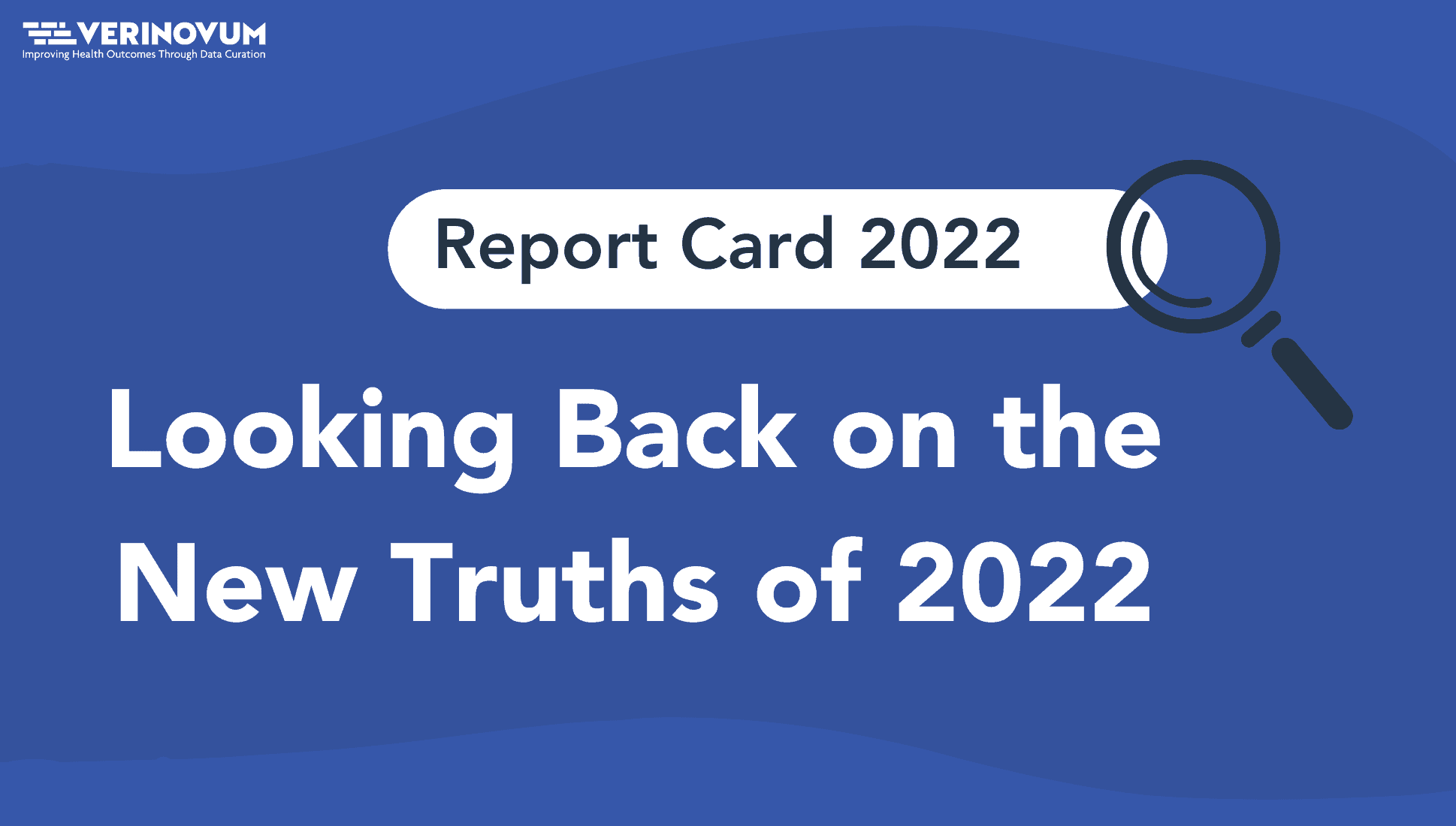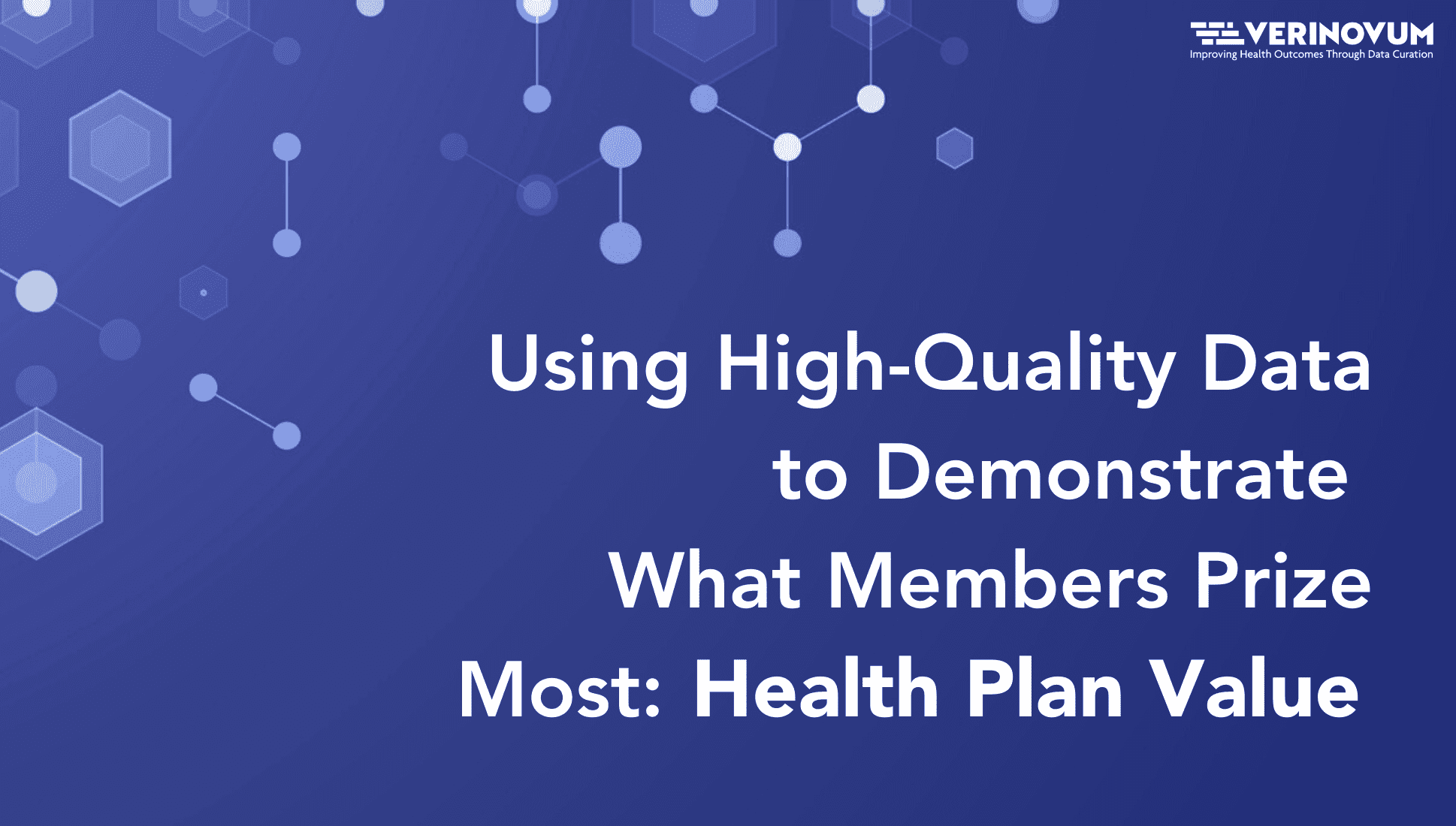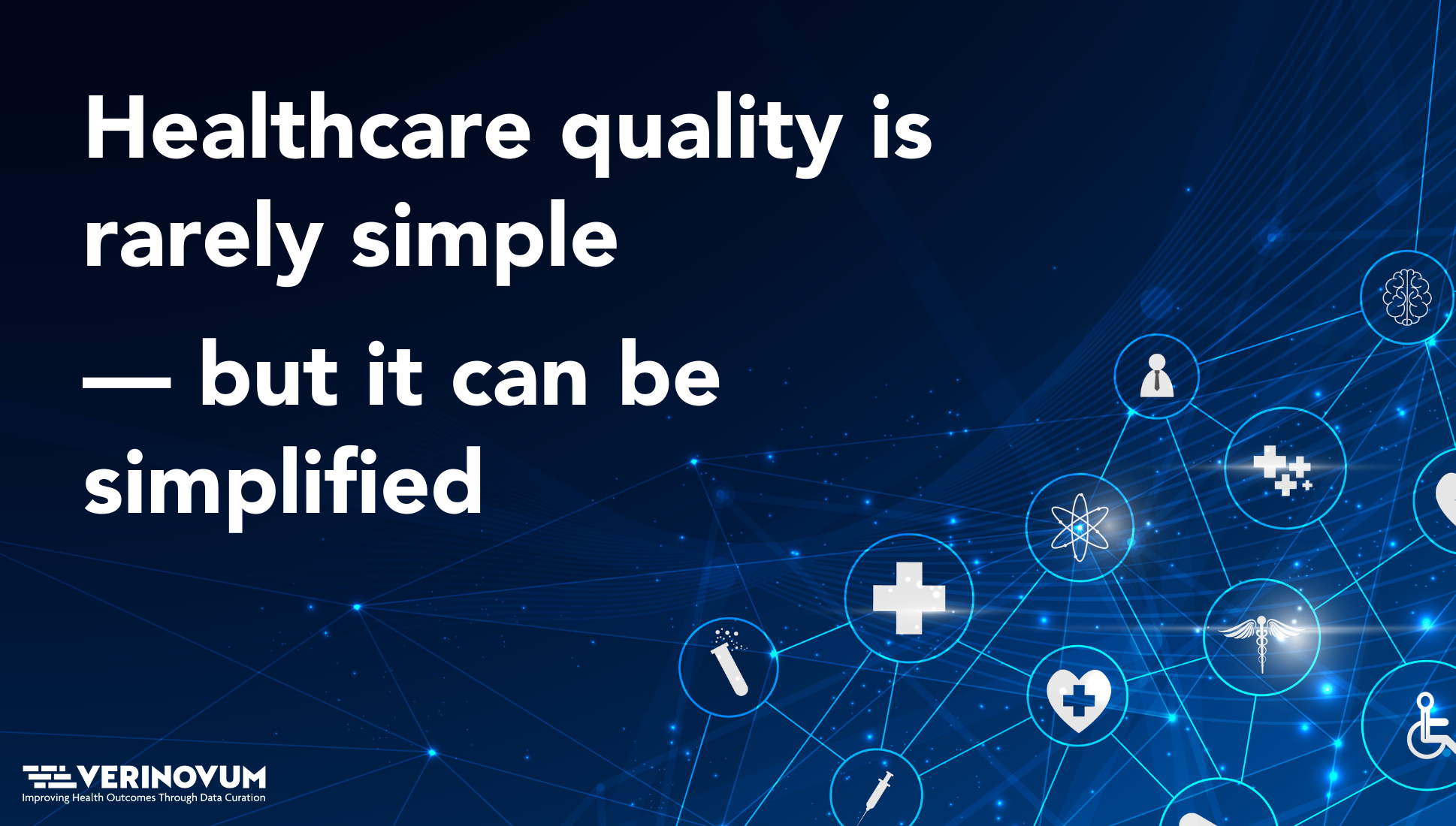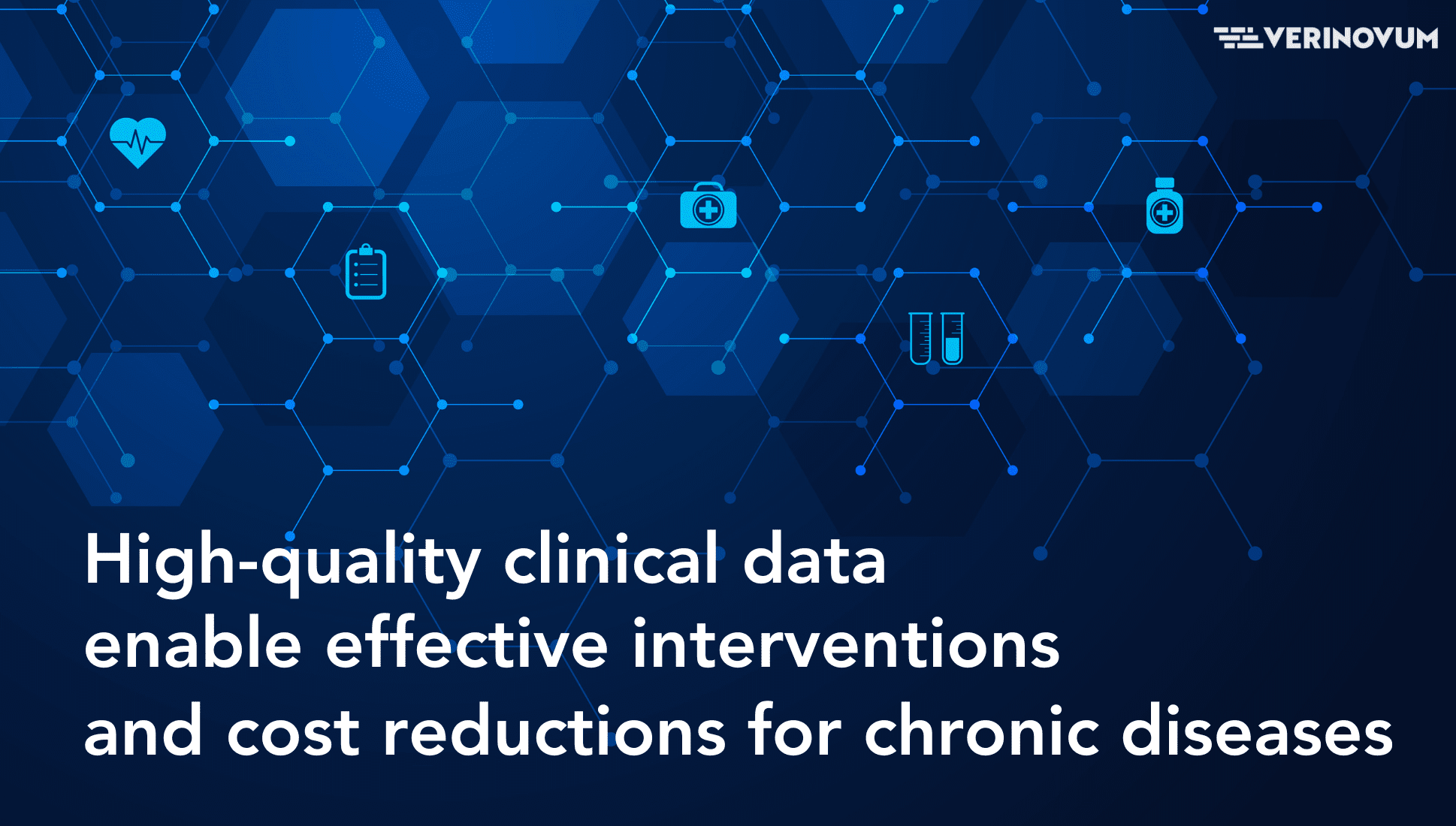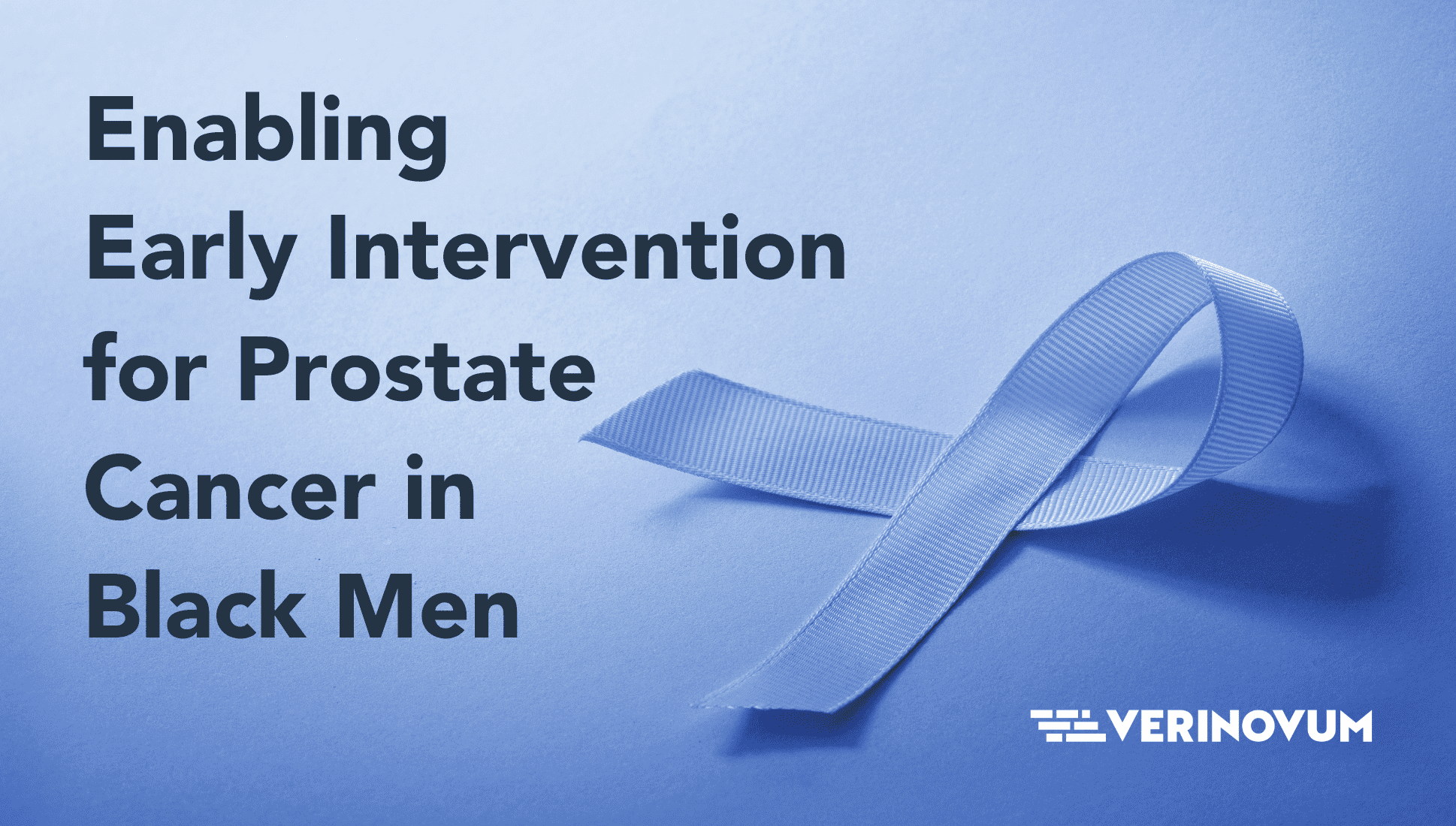Impact of a Divided Congress on Healthcare & Health Policy in 2023
The midterm election cycle has come and gone. A divided government means that it is highly unlikely that Congress, and specifically the House, will pass any monumental policies that would face defeat in the senate or a veto from the Executive Branch. What does this mean for healthcare and health policy in 2023?

